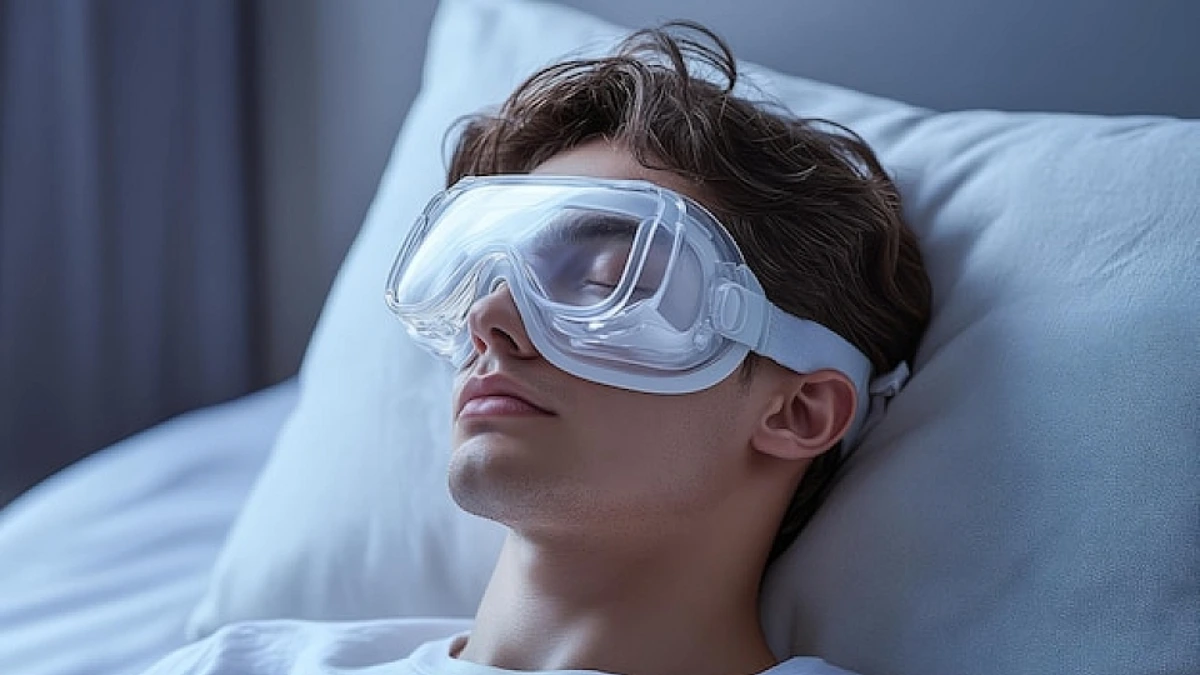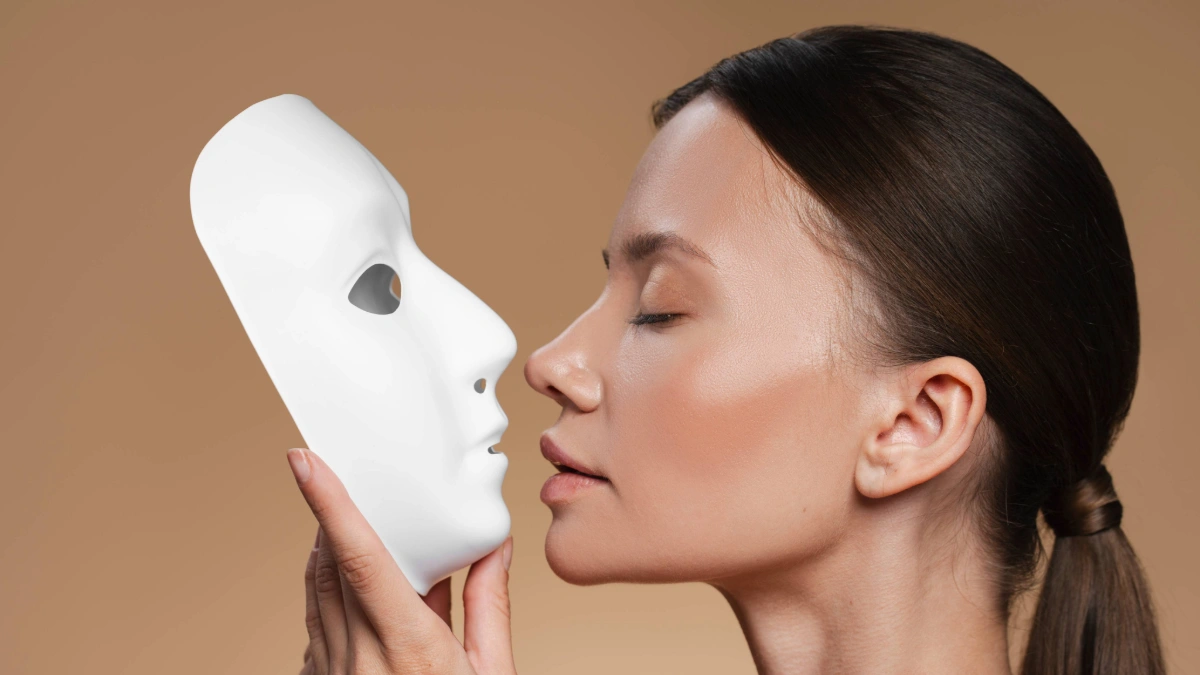A Sleep Laboratory in Turkey is an essential facility for diagnosing and treating sleep disorders affecting millions worldwide. Sleep disorders can disrupt daily life and impact mood, energy, and overall health. Fortunately, sleep labs in Turkey offer a comprehensive range of diagnostic services to identify underlying causes of these issues, using advanced technologies like polysomnography (PSG), which records the various body functions during sleep. These laboratories are equipped to help patients manage conditions such as sleep apnea, insomnia, restless leg syndrome, and more, improving their quality of life by offering precise diagnoses and treatments.
What is a Sleep Laboratory?
A sleep laboratory is a specialized medical facility designed to monitor and analyze the various physiological functions of individuals while they sleep. Unlike traditional clinics, a sleep lab often resembles a comfortable hotel room, with amenities that aim to put patients at ease during their stay. The primary purpose of a sleep lab is to conduct sleep studies that record data on body functions, such as brain activity, heart rate, breathing patterns, oxygen levels, and muscle movements during sleep.
Polysomnography (PSG) is the main test conducted in these laboratories, which involves attaching various sensors to the patient’s body. These sensors monitor and record brain waves, eye movements, breathing patterns, muscle activity, heart rate, and blood oxygen levels. The data collected helps specialists diagnose sleep disorders by identifying abnormalities in sleep patterns and body functions.
In Turkey, sleep laboratories maintain a high standard of care, ensuring that the environment is as conducive to rest as possible. The room where patients stay during their study is quiet, spacious, and equipped with a private bathroom. The design allows patients to relax during the night while closely monitoring their sleep, making it as comfortable as home.
When Should You Consider Visiting a Sleep Lab in Turkey?
If you experience any of the following symptoms, it may be time to consult a sleep laboratory in Turkey:
- Chronic Insomnia: Difficulty falling or staying asleep can be a sign of an underlying sleep disorder.
- Excessive Daytime Sleepiness: If you find yourself nodding off during the day, even while performing tasks such as driving, speaking, or sitting, it could indicate a sleep-related issue.
- Snoring and Sleep Apnea: Loud, persistent snoring or episodes of gasping for breath during sleep are commonly indicators of sleep apnea.
- Restless Leg Syndrome: This condition involves an overwhelming urge to move the legs due to uncomfortable sensations, which typically occur during the night.
- Parasomnias: Abnormal sleep behaviours such as sleepwalking, night terrors, and bedwetting can be observed in a sleep study.
- Abnormal Movements or Perceptions: Conditions like periodic limb movement disorder or muscle spasms during sleep require careful monitoring.
If you notice these symptoms, visiting a sleep lab can help determine whether you have a sleep disorder and what treatment options are available.
The Process of a Sleep Study Laboratory (Polysomnography) in Turkey
A sleep study is an overnight test conducted in a sleep lab to monitor various physiological functions during sleep. The most common type of sleep study is polysomnography (PSG), which involves the use of multiple sensors to track body systems such as:
- Brain activity: Electroencephalography (EEG) sensors detect brain waves during different sleep stages.
- Heart rate and rhythm: Electrocardiography (EKG) sensors monitor the electrical activity of the heart.
- Breathing patterns: Respiratory sensors track airflow through the nose and mouth, as well as chest movements.
- Eye movements: Electro-oculography (EOG) sensors detect eye movements during sleep, which helps identify REM sleep stages.
- Leg and muscle movements: Electromyography (EMG) sensors detect muscle activity and movements that could indicate disorders like restless leg syndrome.
The Sleep Lab Environment
Sleep labs are as comfortable as possible to ensure that patients can sleep naturally. The room should be quiet, spacious, and private. The sleep lab must create an environment that is conducive to rest, as the accuracy of the study depends on the patient’s ability to sleep. The room will contain all necessary equipment for monitoring, including sensors, cameras, and medical devices. Staff members are always available to assist patients throughout the study.
The sleep lab technicians monitor the patient’s sleep throughout the night, ensuring that all equipment is functioning correctly. If any issues arise, such as a sensor becoming loose, the technician can intervene without disturbing the patient’s sleep too much.
How to Prepare for a Sleep Study?
Preparation for a sleep study is relatively simple. Here are a few things to keep in mind:
- Avoid caffeine and alcohol: Refrain from consuming caffeine or alcohol at least 8 hours before the study. These substances can interfere with sleep patterns and the study’s accuracy.
- No naps: Avoid taking naps on the day of your sleep study, as it could make it more difficult to fall asleep during the test.
- Bring comfortable clothing: You will need to change into sleepwear for the study, so it’s a good idea to bring comfortable pyjamas and any items you need for personal hygiene (e.g., toothbrush, toiletries).
- Follow your doctor’s instructions: Be sure to inform your healthcare provider of any medications or supplements you are currently taking.
What to Expect During the Sleep Study
During the sleep study, sensors will be attached to your body to monitor various functions. These sensors are generally painless, though you may feel a slight discomfort due to the adhesive used to attach them. The technician will ensure that all sensors are working properly before you go to sleep.
After the sensors are in place, you can relax in bed, watch TV, or read. Although many people find it difficult to sleep in an unfamiliar environment, most individuals do sleep better than expected during the study. If you need to use the bathroom, the technician will unplug the sensors to allow you to get up.
What Happens After the Study?
Once the sleep study is complete, the technician will remove the sensors and the data will be analyzed by a sleep specialist. The results will help diagnose any sleep disorders and determine appropriate treatment options. If necessary, the specialist will recommend follow-up treatments, which may include therapy for conditions like sleep apnea or restless leg syndrome.
At-Home Sleep Apnea Testing
In some cases, sleep apnea testing can be conducted at home using a simplified version of a sleep study. These tests are generally reserved for individuals with suspected sleep apnea who have already undergone a preliminary evaluation. At-home tests typically monitor breathing and chest movements but do not measure brain activity, eye movements, or heart rate.
Common Sleep Disorders Diagnosed by a Sleep Study Laboratory in Turkey
Several conditions can be diagnosed through a sleep study, including:
- Sleep apnea: A disorder where breathing repeatedly stops and starts during sleep, leading to poor rest and daytime fatigue.
- Narcolepsy: A neurological condition that causes extreme daytime sleepiness and sudden sleep attacks.
- Restless leg syndrome: An uncomfortable sensation in the legs that leads to the urge to move them during sleep.
- Insomnia: Difficulty falling asleep or staying asleep during the night.
- Periodic limb movement disorder: Repetitive movements of the limbs during sleep, often associated with disrupted sleep.
- Parasomnias: Abnormal behaviours such as sleepwalking, night terrors, and sleep paralysis.
- Nocturnal seizures: Seizures that occur during sleep, which can disrupt sleep and require medical attention.
Why Choose a Sleep Laboratory in Turkey?
Turkey has become a leading destination for healthcare, including specialized treatments for sleep disorders. The country offers state-of-the-art sleep laboratories equipped with the latest diagnostic technologies and staffed by experienced sleep specialists. Whether you’re experiencing common sleep problems like snoring or more complex conditions such as sleep apnea, Turkey’s sleep laboratories provide comprehensive care tailored to your needs.
Benefits of Visiting a Sleep Laboratory in Turkey
- High-quality care: Turkish sleep labs offer advanced diagnostic equipment and expert care to ensure accurate results.
- Affordable pricing: Compared to many other countries, the cost of sleep studies and treatments in Turkey is highly competitive, offering value for international patients.
- Comfortable environment: The facilities are designed with patient comfort in mind, ensuring a restful experience during the study.
- Experienced specialists: Turkey has a strong healthcare infrastructure, and sleep specialists in the country are highly trained and experienced in diagnosing and treating a wide range of sleep disorders.
Conclusion
If you are struggling with a sleep disorder, a Sleep Laboratory in Turkey offers a thorough and comfortable solution for diagnosis and treatment. With access to cutting-edge diagnostic tools like polysomnography, Avicenna International Hospital sleep labs provide a pathway to better sleep and improved overall health. These facilities manage many sleep disorders, offering personalized care and affordable treatment options to ensure you get the restful sleep you need to thrive.







